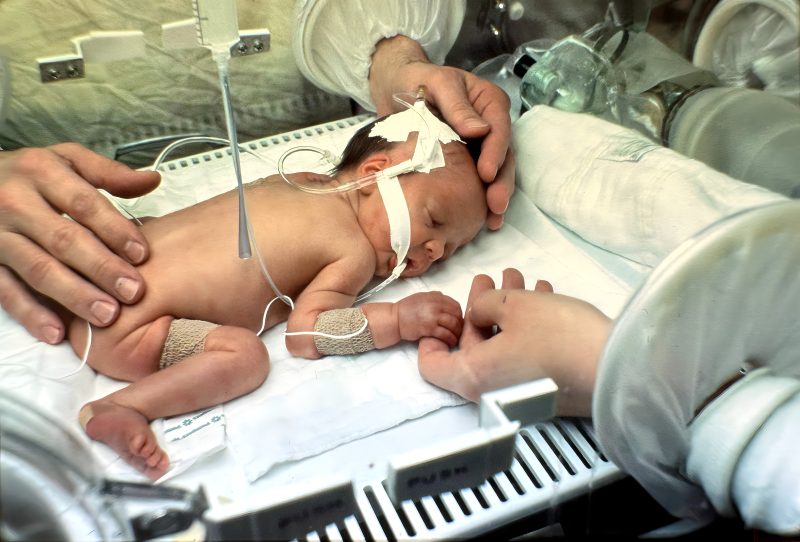
The year 2025 has brought a stark message for developing nations: increased self-reliance. A significant reduction in foreign aid from major world powers like the US, UK, and France has left many grappling with the consequences. However, this challenge also presents an opportunity. Countries like India and Indonesia, once mired in widespread poverty, are now classified as middle-income, demonstrating a capacity for ambitious projects like universal healthcare. This shift creates fertile ground for innovative solutions, and one such project offers a beacon of hope.
This project tackles neonatal sepsis, a leading cause of infant mortality. Sepsis, an overwhelming immune response to infection, often stems from bacterial infections treatable with antibiotics. The challenge lies in accurately identifying infected infants quickly, as current blood culture tests are slow, expensive, and prone to false negatives. The slow results can mean the difference between life and death for a vulnerable newborn. The World Health Organization estimates that neonatal sepsis claims between 400,000 and 700,000 lives annually, a staggering figure comparable to malaria and HIV/AIDS deaths.
The NeoTest initiative aims to revolutionize sepsis diagnosis with a rapid, affordable test that delivers results within minutes. This isn’t a pipe dream; experts have long advocated for improved diagnostics. The project leverages the power of an Advance Market Commitment (AMC), a mechanism that guarantees purchase orders for a new product, incentivizing manufacturers to develop it. This strategy proved highly successful in the past with pneumococcal vaccines and Operation Warp Speed’s rapid Covid-19 vaccine development.
NeoTest seeks $120 million to fund an AMC for a new neonatal sepsis test. Manufacturers who agree to sell tests for $8 (with $5 subsidized by the AMC and $3 by the receiving country’s government) would be guaranteed 24 million orders. The ultimate goal is a test costing around $3, with the initial subsidy covering development and manufacturing setup. Rapid point-of-care tests already exist for other viruses and bacterial infections, but the lack of profit incentive has hindered development for neonatal sepsis, particularly in low-income countries.
What makes NeoTest truly groundbreaking is its funding approach. Instead of solely relying on Western aid or philanthropy, the initiative is prioritizing partnerships with middle-income countries—India, Kenya, South Africa, and others—that would directly benefit from the test. This demonstrates a growing capacity within the Global South to tackle its own challenges. While external funding remains invaluable, the emphasis on self-sufficiency is a remarkable and encouraging sign.
The NeoTest initiative is a powerful example of how developing countries can collaborate to solve their own problems. It’s a testament to their resilience and ability to overcome obstacles, even in the face of reduced foreign aid. This project offers not only a path to saving countless lives but also a model for future global health collaborations.










